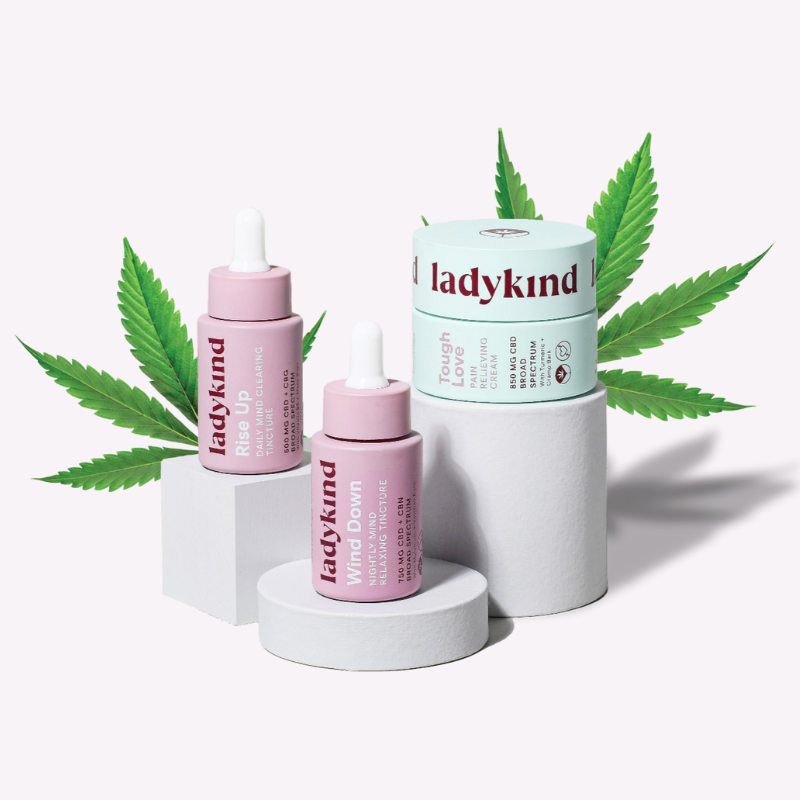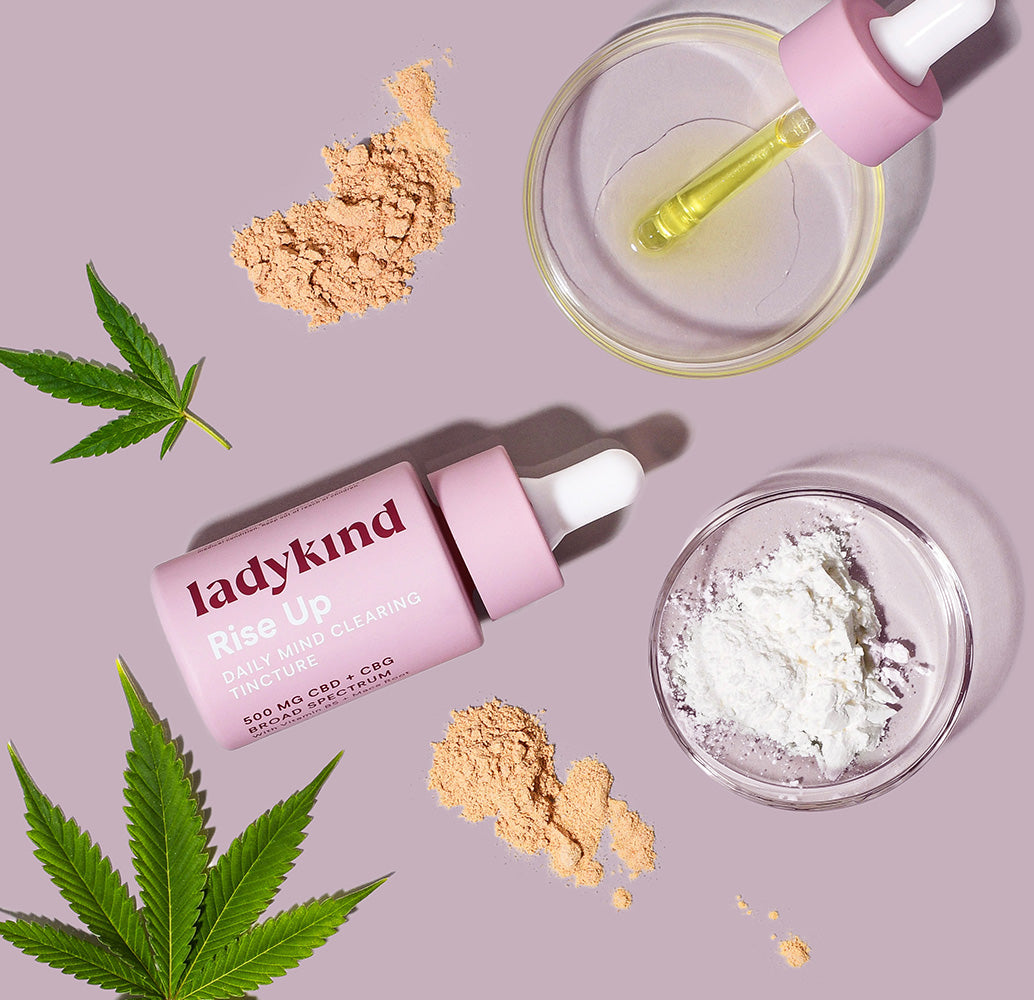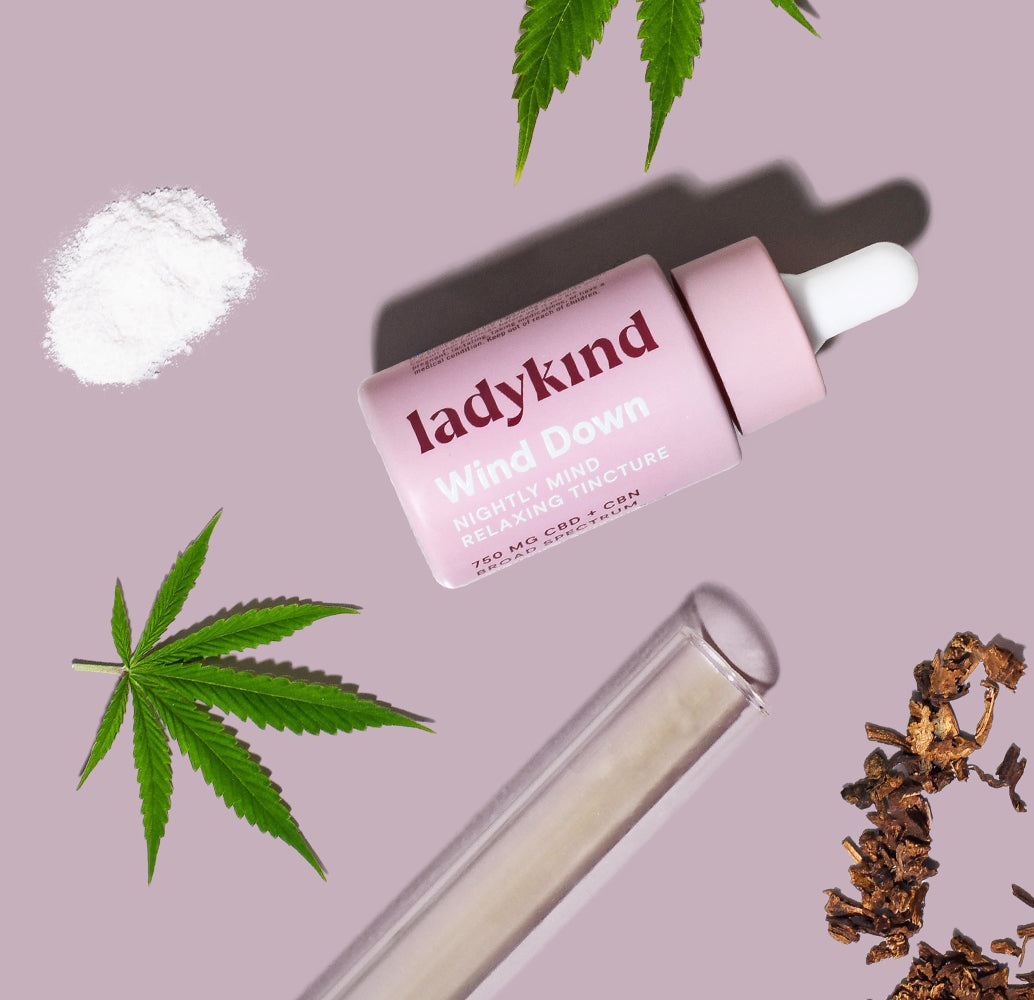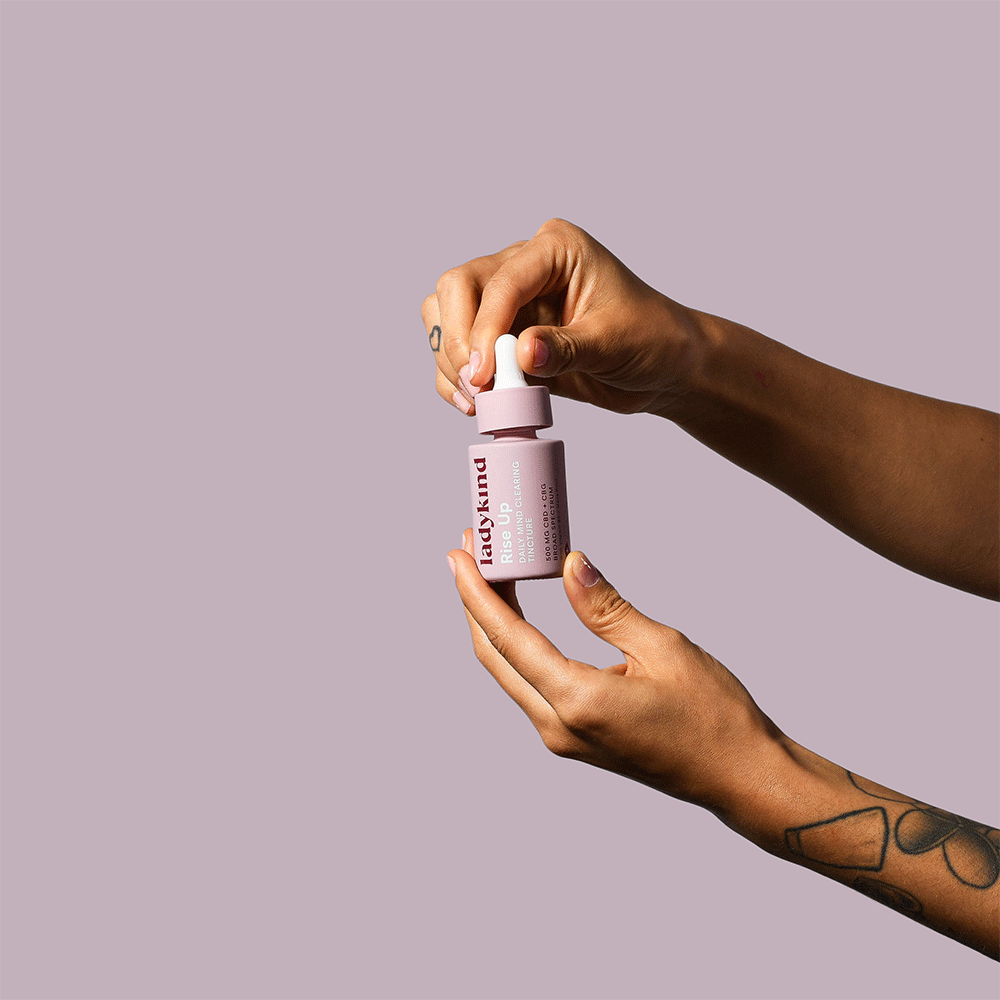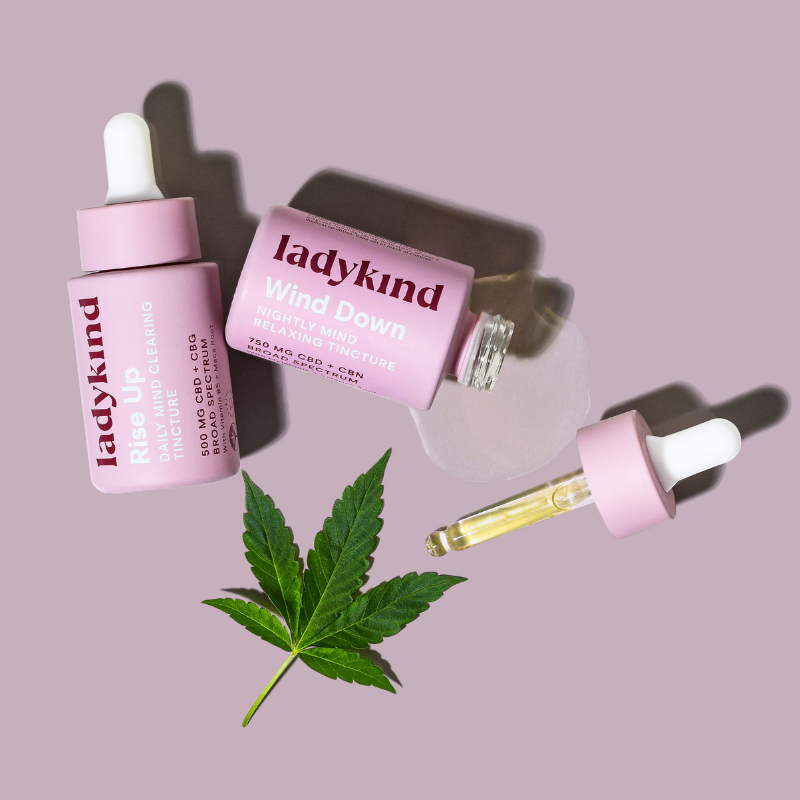Boric acid comes from boron, which is a compound found in many foods. It’s also available as a dietary supplement. This antiseptic and anti fungal agent is popular in women’s health, specifically for its effectiveness in maintaining vaginal health. Boric acid for vaginal health comes in various forms such as capsules, powders, and suppositories that help women address a variety of vaginal health concerns.
How boric acid for vaginal health works
Boric acid is an effective aid in restoring and maintaining a healthy vaginal pH balance. Healthy pH levels are how the vagina prevents and wards off oncoming threats, such as yeast infections and bacterial vaginosis. A healthy vaginal pH level is anywhere between 3.8 and 4.5. Thus, any imbalances to this spectrum can lead to infections and other uncomfortable vaginal health conditions. Boric acid offers protection from potential disruptions by restoring the natural acidity of the vagina to control the growth of harmful bacteria. However, using boric acid incorrectly can cause potential risks. Let’s weigh the pros and cons of taking boric acid for vaginal health.
The pros of using boric acid for vaginal heath:
- First-choice treatment: Compared to synthetic antibacterial medications, boric acid poses fewer side effects and has proven to be more effective for persistent yeast infections.
- Earth-derived: Boric acid is an organic antibacterial treatment, making it a great alternative to prescription medications.
- Accessible: Boric acid is a cost-effective solution, generally much more affordable than pharmaceutical alternatives.
- Effective in balancing vaginal pH: This compound creates the necessary acidic vaginal environment to stop the overgrowth of harmful bacteria and other microorganisms that disrupt vaginal pH.
With that said, there are a few points to note about using boric acid safely. Here’s what you should be aware of when using boric acid for vaginal health.
The cons of using boric acid for vaginal health:
- Boric acid should not be used by women who are pregnant due to the potential risks it poses to the developing fetus.
- If used improperly, boric acid may facilitate some irritation or discomfort. Most commonly, this is described as a burning sensation in the vagina. So if you’re looking to try it out, make sure you follow the instructions on the package or recommended by your doctor.
- If ingested, boric acid can cause toxicity to other areas of the body. Although this is extremely rare, it’s important to strictly follow the usage instructions and only administer accordingly.
- Boric acid is considered safe and recommended by doctors and healthcare professionals. However, it’s important to note that there are still limited research and development studies underway on the safety, effectiveness, and long-term effects of boric acid.
How to use boric acid
Currently, there are three different ways to use boric acid to balance vaginal pH.
- Boric acid capsules. Capsules are inserted directly into the vagina and dissolve inside to deliver the boric acid.
- Boric acid suppositories. Suppositories are the most popular format, also inserted directly into the vagina. Women who struggle with stubborn, recurring yeast infections can use these suppositories once a day as an effective treatment.
- Boric acid powders. Powders are a less commonly used format of boric acid, but preferred for some women who are uncomfortable with the process of capsules or suppositories. Unlike other forms, powdered boric acid is applied topically rather than used internally.
Boric acid is typically a first-choice treatment for maintaining a healthy vaginal pH and combating any disruptions to the vagina. While it’s effectiveness and accessibility make it an attractive option, it’s important to administer boric acid as instructed to avoid any unwanted side effects associated with improper use.
Visit the Ladykind blog to learn more about taboo women’s health topics like this one and get access to exclusive discounts on award-winning women’s wellness products.

